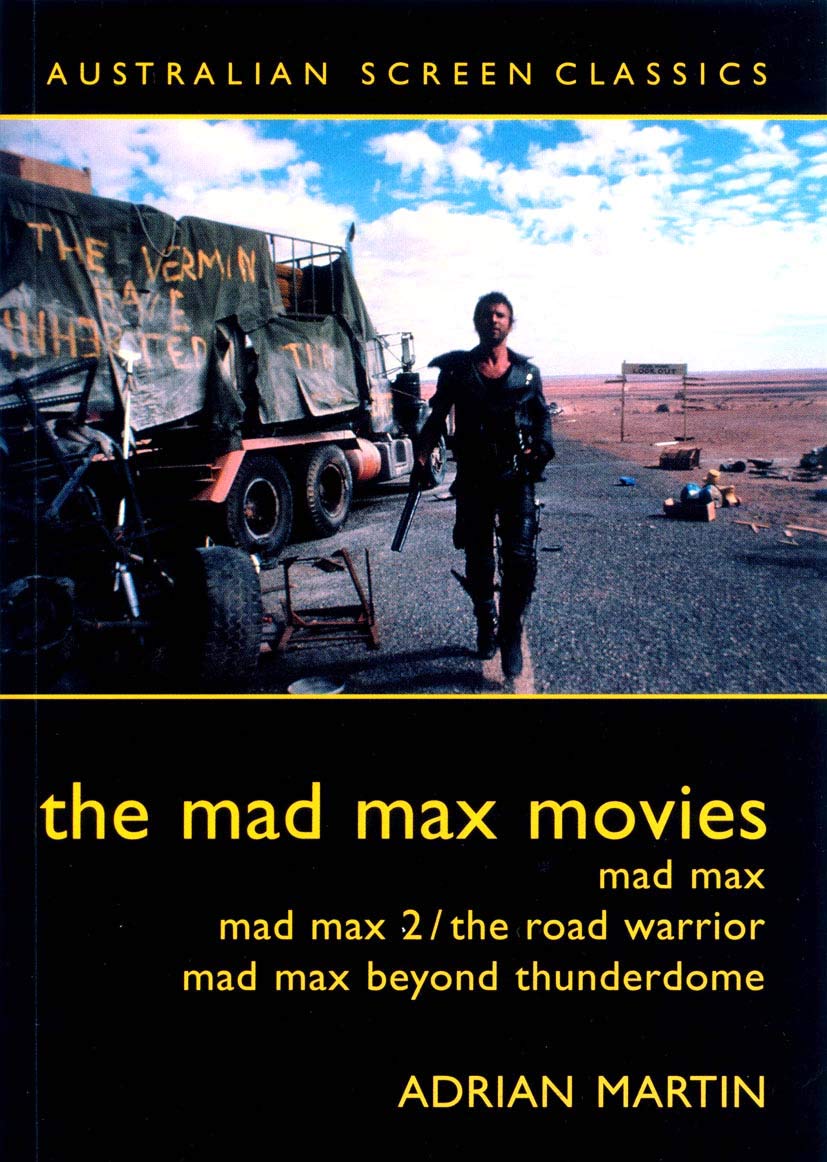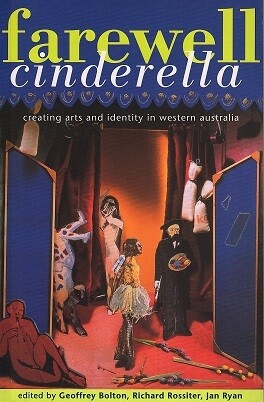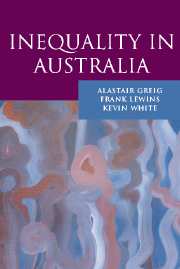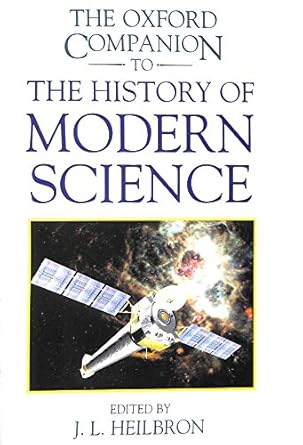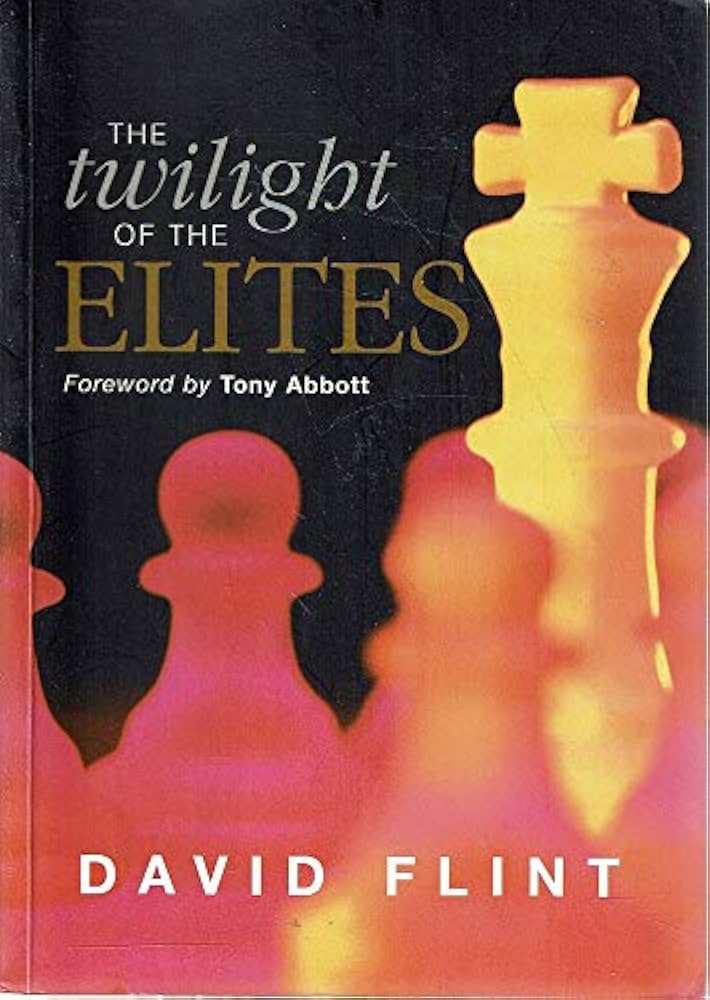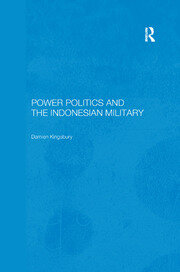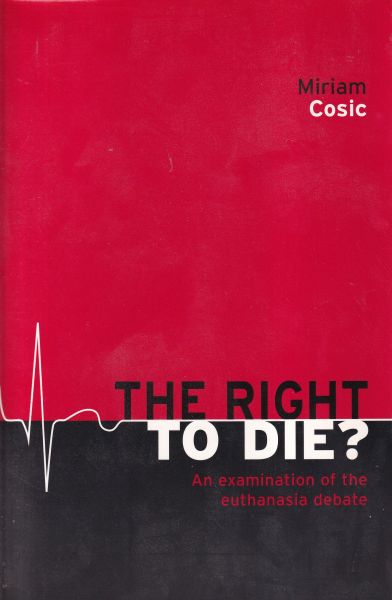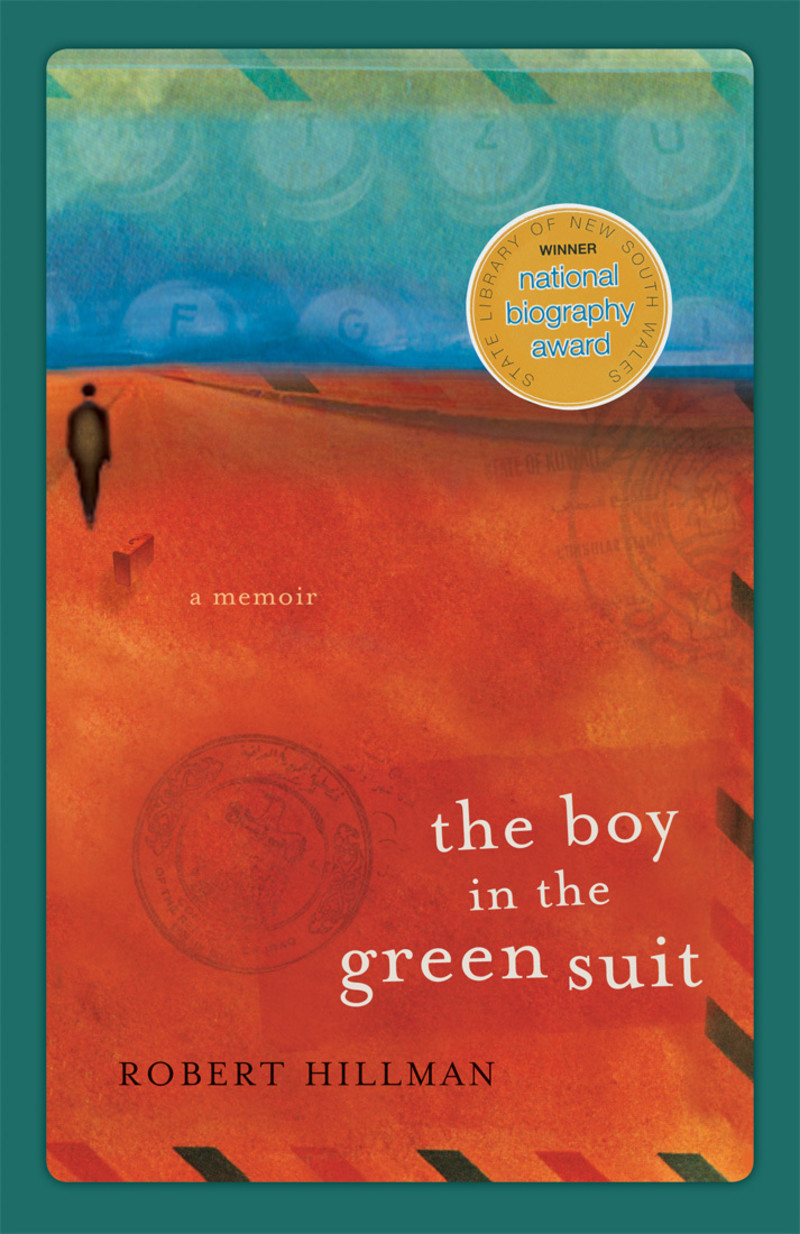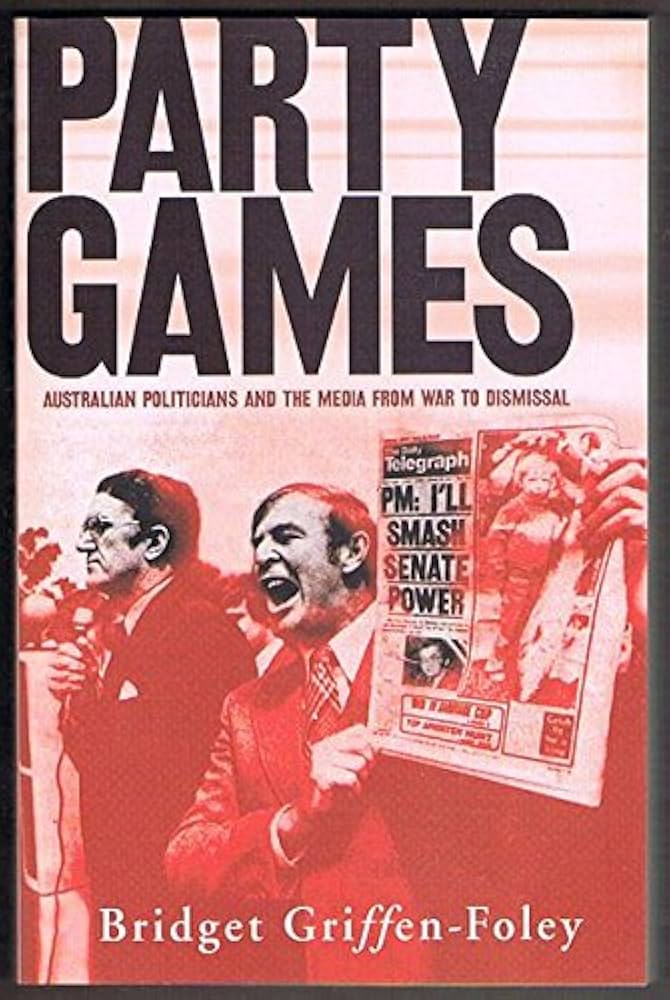Archive
The Mad Max Movies by Adrian Martin & Walkabout by Louis Nowra
by Brian McFarlane •
Farewell Cinderella: Creating Arts And Identity in Western Australia edited by Geoffrey Bolton, Richard Rossiter and Jan Ryan
by Wendy Were •
Inequality in Australia by Alastair Greig, Fank Lewins, and Kevin White & Australia’s Welfare Wars by Philip Mendes
by Mark Peel •
The Oxford Companion to the History of Modern Science edited by J.L. Heilbron
by Robyn Williams •
Power Politics and the Indonesian Military by Damien Kingsbury & Politics and the Press in Indonesia by Angela Romano
by John Martinkus •
The Right to Die: An examination of the euthanasia debate by Miriam Cosic
by Justin Oakley •
Party Games: Australian politicians and the media from war to dismissal by Bridget Griffen-Foley
by Mick O'Regan •

